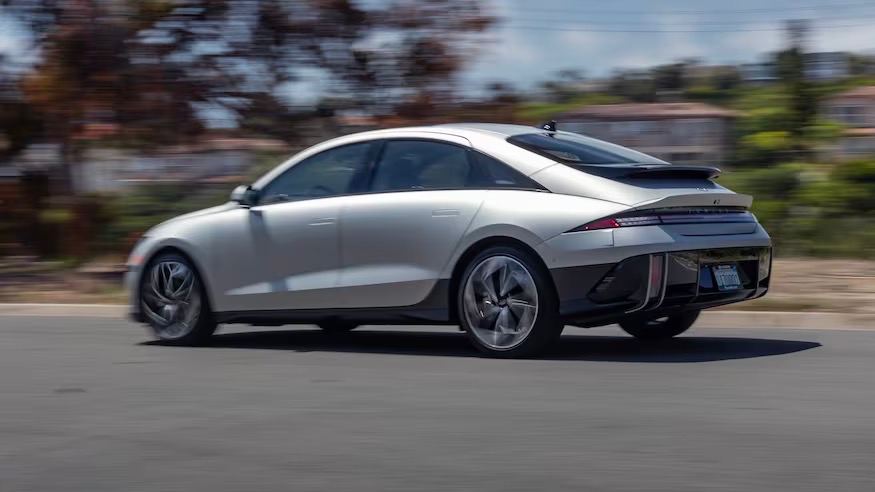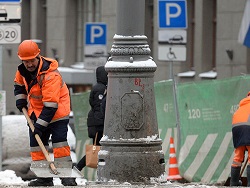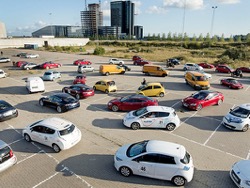
Is there a future for personal transport on the batteries
Electric cars are back in fashion: every self-respecting brand seeks to release “car batteries”. However, sales are small: even the icon of modern “eco-friendly-electric” movement — the company Tesla Motors is working at a loss. “Ribbon.ru” has decided to understand whether the future of electric vehicles, especially in Russia.
A paradox on wheels
The electric car is a real paradox on wheels: the efforts of the advertisers in the popular consciousness he has acquired cult status. The ability to charge the car from the wall is perceived almost as the invention of perpetual motion, heralding the imminent end of the petrol era. Meanwhile, of all the technologies of the future, prepodnosyaschayasya as an innovative breakthrough, battery-powered machine is the old, if not ancient development.
On her background a conventional internal combustion engine (ice) is almost a novelty, because the first electric car was created in 1841, and at the beginning of the twentieth century happened the true heyday of this technology: on-road electric drove stagecoaches and wagons, and the famous new York taxi consisted entirely of electric vehicles.
Why Paradise modern ecologist turned into a nightmare of petrol fall? The fact that for 175 years the battery was not able to achieve energy density comparable to a combustible fuel. The mileage of electric cars is still low, and charge them for a long time.
In question and the trump card — the green electricity not taken from the air. Singapore authorities recently fined the owner of a Tesla Model S, by calculating the amount of carbon dioxide produced by power plants in the process of charging the battery. It turned out that each passed kilometer Tesla costs about 222 grams of carbon dioxide, whereas a conventional small car — 100-150 grams.
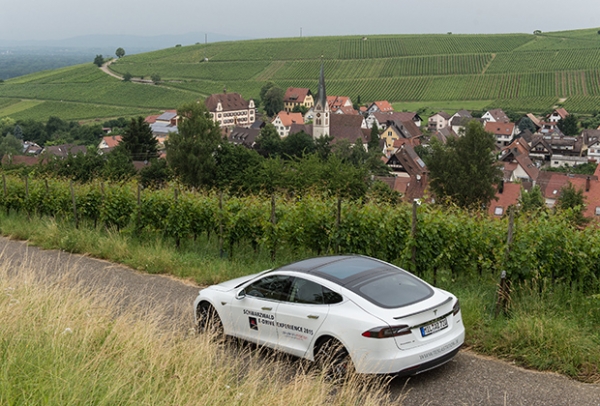
Photo: Patrick Seeger / dpa / Globallookpress.com
These shortcomings, coupled with the high cost limits the application field of electric vehicles. Despite the aura of prestige, their sales are small: according to research firm J. D. Power, only 2 percent of Americans are willing to buy an electric car. Another survey conducted by McKinsey&Co., shows that 33 percent of electric vehicles disappointed with the purchase. Even the icon of the modern environmental movement electric — Tesla Motors company — finished 2015 with a loss of 889 million dollars.
The future on batteries
Instead of thinking how to cover the losses from falling demand for gasoline, the States, including Russia, have to wrestle over how to transplant citizens on electric machines. Indeed, alternative “clean” fuels like synthetic methane produced by bacteria or diesel too utopian, and the need for zero emissions is very real, especially for residents of cities.
Let smoke electric cars on par with gasoline cars, but they do it indirectly, but the cars with internal combustion engines pollute the air wherever I go: in big cities up to 80 percent of harmful emissions are generated by transport. According to the estimates of the Ministry of health, only in Moscow of toxins and carcinogens contained in gasoline exhaust, die every year up to three and a half thousand people.
The catastrophic state of the atmosphere cities are forcing authorities in many countries to stimulate demand for electric vehicles: for example, in Beijing and Shanghai buyers pay part of the cost of the machine, they are also allowed to drive on dedicated lanes for public transport.
London authorities encourage electric car owners free Parking and travel into the city center; Paris city hall offers free rental of electric cars — however, up to 30 minutes. In Tokyo for the owners there are incentives for recycling old cars. In Italy and Switzerland to the implementation of electric vehicle approached more radically: in Florence to use petrol cars, only the locals and in the Swiss city of Zermatt completely banned cars with internal combustion engines.
Widely use electric utilities — wherever the route specified and no problems charging. For example, in Rome electric vehicles have replaced the traditional horse-drawn carriages: animal advocates were outraged that the horses have to work in the polluted streets.
Electric vehicles in Russia
We have a process of “electrification” has just begun: in 2014, zero import duties on electric cars, which significantly reduced their cost. A year later in Sochi earned the first electric taxis transporting tourists to the airport and train station, as well as on a specially designed route near the Olympic Park in Adler. Most likely, in the coming years, such eco-trails will also appear on other domestic resorts, for example in Crimea.
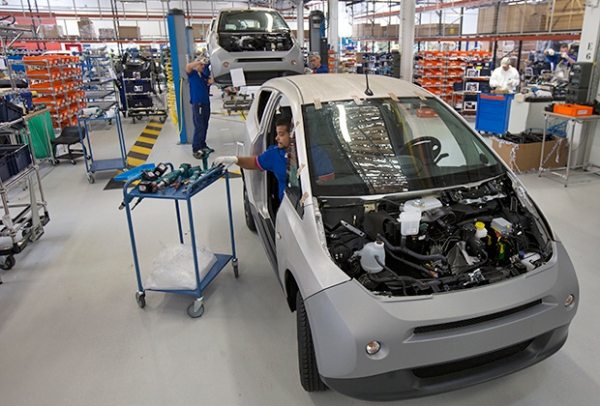
Photo: Philippe Wojazer / Reuters
Until the end of 2016 in the capital as part of the agreement of the government with energy companies “MOESK-EV” will be a network of charging stations — 200 posts, six chargers will work in the suburbs. Of course, this is not sufficient for widespread use of electric cars Muscovites, however, urban services, for example the Center of traffic organization (TMS), have already begun to buy electric cars.
The impetus for the purchase of electric cars will be the further development of paid Parking zones: Parking will be free. Savings are the capital owners of the electric machines is already 250 thousand rubles per year — the subscription price of Parking within the Third transport ring. Thus, the car pays for itself in about five years of ownership without taking into account savings on gasoline.
Electric cars may not become the main mode of transport in the near future, but for limited use in urban areas and special environmental zones they are suitable and even preferred. So with the development of charging infrastructure it is possible to expect gradual growth of the market of electric cars in Russia: while they are only about a thousand, but by 2020, experts predict, the number of cars on batteries will increase to 50 thousand.

